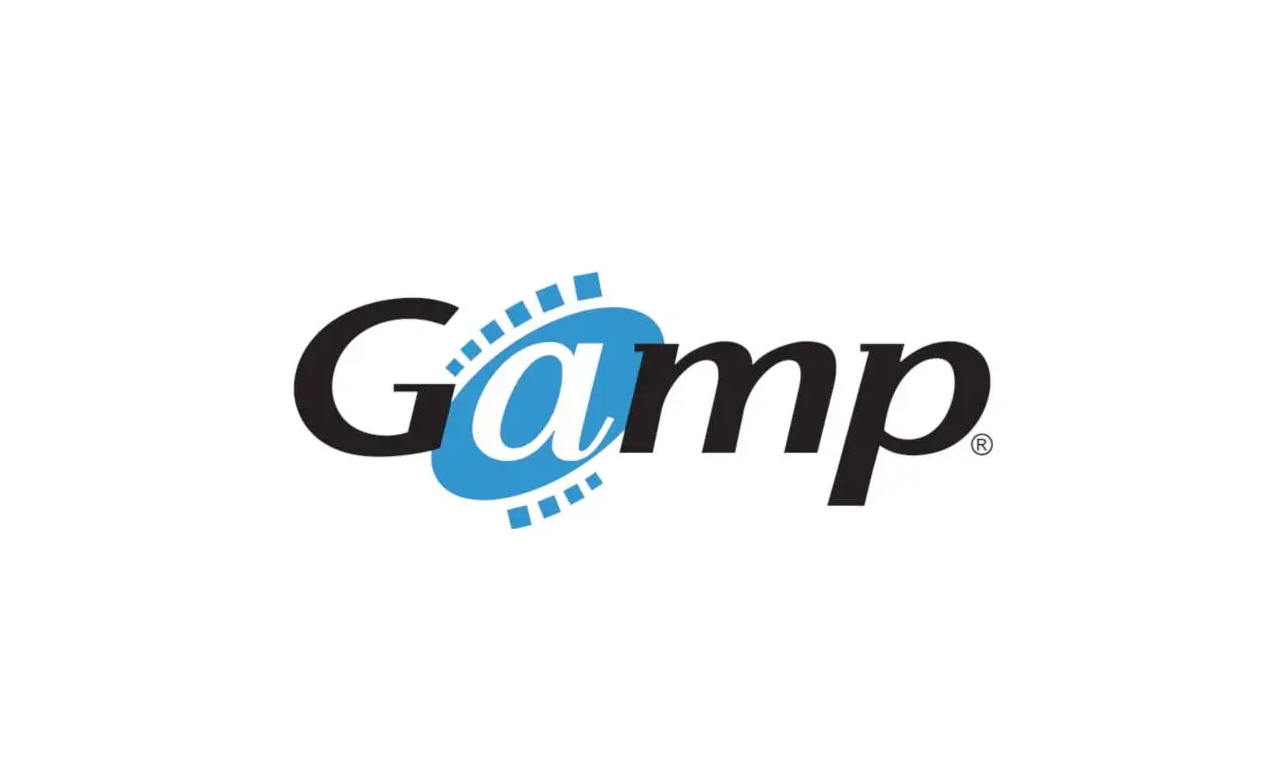The Secret to Successful Outsourcing in the Pharma Industry
In the rapidly evolving pharmaceutical industry, digital platforms and B2B solutions are paving the way for successful outsourcing. The secret to success lies in several key strategies. Firstly, it's essential to accurately identify the right tasks to outsource. These tasks are typically non-core but crucial to the operations, and their outsourcing can lead to significant cost savings and enhanced efficiencies.
Secondly, the selection of the right partner is a critical aspect of successful outsourcing in the pharma industry. This involves assessing potential partners for their track record, expertise in the specific task being outsourced, and their commitment to quality. Online platforms can greatly assist in this selection process, providing reviews, testimonials, and other essential information about potential outsourcing partners.
Thirdly, ensuring quality control is non-negotiable in the pharmaceutical industry. With strict regulations and the potential impacts on public health, pharma companies must have robust mechanisms in place to ensure and monitor the quality of work done by outsourcing partners. This involves setting clear quality standards, frequent communications, and the use of digital platforms for monitoring and reporting.
The fourth secret to successful outsourcing is building strong, mutually beneficial relationships with outsourcing partners. This is achieved through open and frequent communication, mutual respect, and a shared understanding of goals and expectations. Successful outsourcing relationships can turn into strategic partnerships, providing pharma companies with a competitive edge in the market.
Lastly, regular review and feedback form a crucial part of successful outsourcing. This allows for the early identification of any issues and enables continuous improvement and adaptation, ensuring that the outsourcing relationship remains beneficial and effective. Digital platforms can facilitate this process, providing easy and efficient ways to provide and receive feedback.
A Brief Overview: Outsourcing in Pharma
Outsourcing, a prevalent practice in the pharma industry, involves entrusting specific business operations to third-party entities. This strategy is increasingly adopted by pharmaceutical companies in an effort to streamline processes, manage costs, and tap into expert resources. With the rise of digital platforms and technological advancements, the potential for outsourcing has grown exponentially, extending to areas such as clinical trials, manufacturing, and data management.
The B2B marketplaces in the pharmaceutical sector have significantly contributed to the efficiency of outsourcing processes. They provide a platform where pharmaceutical companies can connect with third-party providers, offering a wide range of services. From research and development to quality control, these digital platforms have revolutionized the way pharma businesses operate, enabling them to complete complex projects without the need for in-house resources.
However, outsourcing in the pharma industry is not without its challenges. The sensitive nature of the data, stringent regulations, and the need for impeccable quality control call for careful planning and execution. The complexities associated with outsourcing can be daunting but with the right approach, it can offer pharmaceutical companies a competitive edge.
1. Identifying the Right Tasks to Outsource
Outsourcing in the Pharma industry involves a strategic process, and one of the initial steps is identifying the right tasks to outsource. The tasks that are generally considered for outsourcing are the ones that are non-core but necessary for the business. These might range from certain components of research and development, manufacturing processes to data management and regulatory compliance activities.
By leveraging digital platforms and online B2B services, Pharma companies can explore potential avenues for outsourcing. The key is to identify tasks that can be executed more efficiently, cost-effectively, or with a higher degree of specialization by an external partner. This approach allows companies to focus on their core competencies and strategic objectives, while ensuring that essential but non-core tasks are carried out effectively.
However, while identifying the tasks to outsource, it is also imperative for Pharma companies to conduct a thorough risk-benefit analysis. It is essential to consider factors such as the partner's expertise, the potential for cost savings, the impact on time-to-market, and the ability to maintain control over quality and compliance. This analysis plays a significant role in ensuring that the decision to outsource aligns with the company's overall strategic objectives, thereby leading to successful outsourcing in the pharmaceutical industry.
2. Selecting the Right Partner
In the world of pharma, choosing the right outsourcing partner is not an endeavor to be taken lightly. The ideal partner needs to be equipped with a wealth of expertise and a proven track record in the industry. They must also demonstrate a robust understanding of the regulatory landscape and compliance norms, which are foundational in the pharma industry. The proliferation of digital platforms and online B2B marketplaces has made the process of finding and vetting potential partners much easier for pharmaceutical companies, allowing them to compare options and make more informed decisions.
Compatibility is another critical aspect when it comes to selecting an outsourcing partner. Just as the pharmaceutical company has its own unique culture, methods, and goals, so does the outsourcing partner. Both parties must be able to align and work cohesively towards the same objectives. The right partner will not only possess expertise in their specialized field but also exhibit a willingness to adapt to the pharmaceutical company's working style, ensuring that the partnership is both productive and harmonious.
Take Your Pharma Business to the Next Level
Download our Pharma Operation Report 2024 for free to achieve Operational Excellence.
Free Download
3. Ensuring Quality Control
In the realm of outsourcing within the pharmaceutical industry, maintaining quality control stands pivotal. It is crucial to remember that the responsibility for quality control does not move to the third party when tasks are outsourced. The pharmaceutical company must ensure that all products meet the stringent guidelines set by regulators, regardless of where they are manufactured. As a result, a robust quality control system is essential.
Transparency between the pharma company and the outsourcing partner is a key element in achieving this. Both parties should have a clear understanding of the quality standards expected and how they will be measured. Regular audits can be a useful tool to ensure that these standards are being met, along with thorough documentation of all processes and results. Digital platforms can be employed to streamline and strengthen this process.
Outsourcing partners must be prepared to adapt to the pharma company's quality management systems and procedures. They should also be open to training and development to meet these standards. Fostering such an environment of mutual growth and adherence to industry guidelines will form the backbone of successful outsourcing in the pharmaceutical industry.
4. Building Strong Relationships
Building strong relationships is a vital component in ensuring the success of outsourcing in the pharmaceutical industry. This entails more than just signing contracts and agreeing on costs. It involves fostering a partnership based on trust, mutual respect, and a shared understanding of expectations.
The pharma industry is a rapidly evolving sector where scientific advancements and regulatory changes are the norms. Therefore, having a strong relationship with the outsourcing partner can help in navigating through this dynamic environment more effectively. A resilient relationship can lead to better cooperation, enabling both parties to adjust and adapt to changes swiftly and efficiently.
Effective communication plays a critical role in maintaining strong relationships. Regular and open dialogue can help avoid misunderstandings, identify potential issues early, and facilitate problem-solving. It is also vital in fostering trust and transparency, which are key elements in any successful outsourcing relationship.
Particularly in B2B relationships in the pharmaceutical sector, the power balance between the outsourcing company and its partner is also a crucial factor. Maintaining an equal and fair power balance can contribute to a healthier, more productive relationship, leading to a successful outsourcing venture. This includes acknowledging the expertise of the partner and respecting their input and suggestions.
5. Regular Review and Feedback
Regular review and feedback is a critical part of outsourcing in the pharma industry, and it plays a key role in ensuring the success of the partnership. This is a process that helps both parties to understand the progress of the project, identify any issues early, and make necessary adjustments. It not only aids in maintaining the quality of the work, but also in building a stronger relationship with the outsourcing partner.
Online digital platforms have emerged as valuable tools for conducting these reviews and providing feedback in real time. They enable seamless communication and provide a platform for sharing documents, tracking progress, and discussing problems. These B2B platforms are particularly beneficial in the pharmaceutical industry where compliance, documentation, and precision are paramount.
Effective feedback, however, is not just about correcting mistakes. It should be constructive, focusing on the strengths as well as the areas of improvement. Constructive feedback can enhance performance, motivate the team, and foster a positive work environment. It can also provide insight into how the outsourcing partner can better meet the pharma company’s needs.
Moreover, a regular review process allows pharma companies to stay updated about the latest developments and ensure that the outsourced tasks align with their business goals. This can be particularly helpful in an industry that is governed by strict regulations and where changes can have significant implications.
Therefore, regular review and feedback are not merely optional in pharma outsourcing. They are essential components that drive the success of the partnership, ensuring that the outsourced tasks are carried out to the highest standards, and ultimately helping pharma companies to excel in their field.
Conclusion
Outsourcing in the pharmaceutical industry is a complex process, but it can bring many benefits when done right. Strategic outsourcing strategies can lead to increased efficiency, cost savings, and access to specialized skill sets. The key to success lies in identifying the right tasks to outsource, choosing the right partners, maintaining uncompromised quality control, building strong relationships, and ensuring regular review and feedback.
Effectively leveraging digital platforms and online B2B interactions can further enhance the efficiency of the outsourcing process. Technological advancements can facilitate communication and process management, making outsourcing even more beneficial. It is evident that in the competitive landscape of the pharma industry, companies that master the art of outsourcing will gain a significant advantage.
However, it is crucial to note that successful outsourcing does not happen overnight. It requires careful planning, vigilant execution, and a commitment to continuous improvement. Companies must invest time and resources into establishing robust outsourcing strategies and processes. This requires a clear understanding of the company's needs and the capacity of potential outsourcing partners.
It’s clear that outsourcing is an essential part of the pharma industry's future. As companies continue to navigate the complexities of this field, those who can effectively harness the power of outsourcing will be well-positioned to thrive. As such, the secrets outlined here are not just suggestions but necessary components for success in the ever-evolving world of pharmaceuticals.





